Renewable energy – Betting in the future
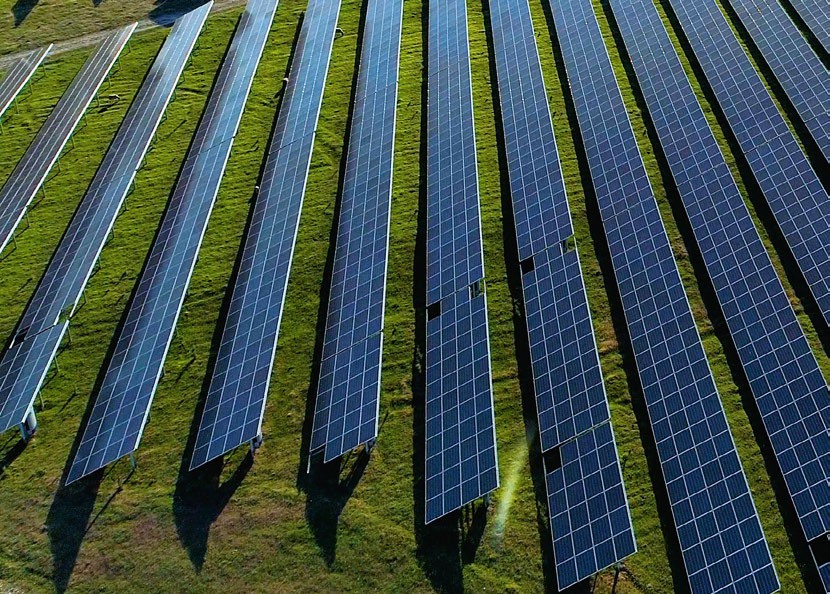
At a time when humanity is threatened by environmental degradation caused by climate change, several actions have been taken to respond to this challenge. The bet on renewable energies, an alternative to circumvent fossil energies, which are the biggest polluters of the environment, is the solution found worldwide and Mozambique is no exception.
Mozambique has the potential to invest in sustainable energy, especially renewable ones, however, guaranteeing access to energy is still a major challenge for the Government. So far, data from the National Institute of Statistics (INE) indicate that almost 70% of the population remains without access to energy. However, it considers that the adoption of renewable energies is the only alternative to be able to electrify the whole country and that goal must be reached by 2030.
For now, the Government has outlined a plan and all actions are aimed at taking advantage of all the potential that the country has in renewable energies. “Our program expects to electrify the areas not yet reached by the national energy grid,” Max Tonela ensures, Minister of Energy and Mineral Resources, who spoke during the Europe-Mozambique Investment Forum on Renewable Energies, organized by the Lusophone Association of Renewable Energies (ALER) and the Mozambican Association of Renewable Energies (AMER). He stressed that it is all about “establishing a solid regulatory framework that guarantees greater private participation in this type of investments, which is essential to meet the goal we have set.”
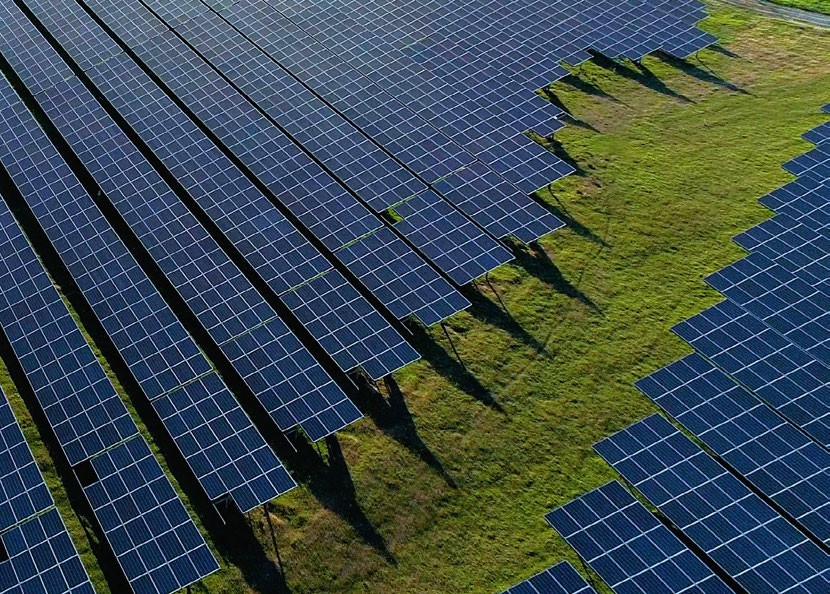
The European Union promises to allocate 180 million euros of its cooperation portfolio to renewable energy in the country alone.
Funds have already been provided by partner countries. The European Union promises to allocate around 180 million Euros from its cooperation portfolio, dedicated only to renewable energies, through initiatives such as PROLER, FASER, PROENERGIA and GET.Invest.
For António Sánchez-Benedito Gaspar, EU ambassador to Mozambique, “Mozambique, in addition to having one of the greatest potential for renewable energy in the Southern African region, is taking steps in the right direction with initiatives such as PROLER that guarantee transparency, competition and security for investors.”
But to what extent will renewable energies guarantee access to energy across the country? “There are projects that are already underway in the country. At the moment, we have four operators working in this sector,” Tonela states.
There is still a long way to go, and the involvement of the Government and the private sector is relevant for the transformation of renewable energies into investment opportunities and an alternative for the provision of energy to communities, and for that, everyone’s effort is essential.
“The challenge is high for a very young regulator and it is a process, but we are committed to bringing it to a successful conclusion,” says Carlos Xerinda, Administrator of the Legal Affairs Department of the National Energy Regulation Agency (ARENE), a regulatory body for the energy sector that brings together the private sector in the process of developing renewable energy.
In turn, the Chairman of the Board of Directors of the Energy Fund (FUNAE), António Saíde, guarantees: “in the second half of the year, we will already have the package ready to be perfected and with everyone involved to make their contribution and, FUNAE, we rely on the private sector to achieve our objectives, as they are at the forefront in matters of solar and residential systems.”
“Our program foresees to electrify the points not yet reached by the national energy grid,” revealed the sector’s minister.
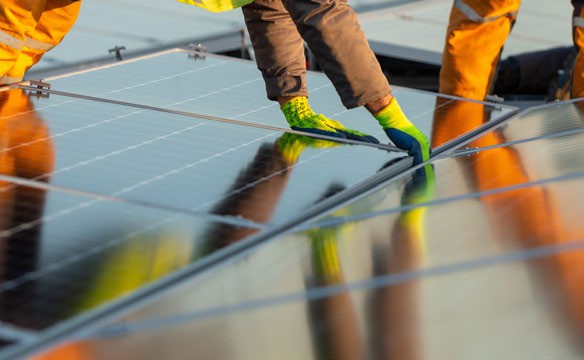
Issue 67 May/Jun | Download.

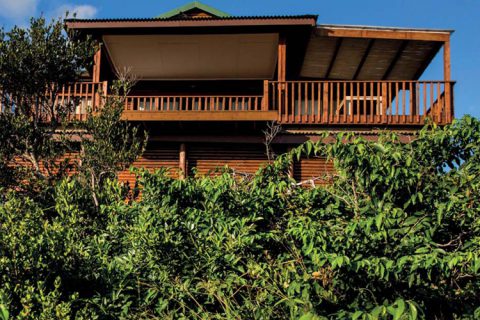

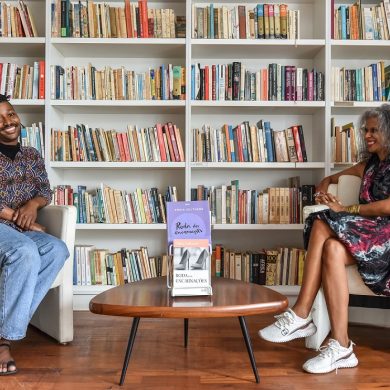
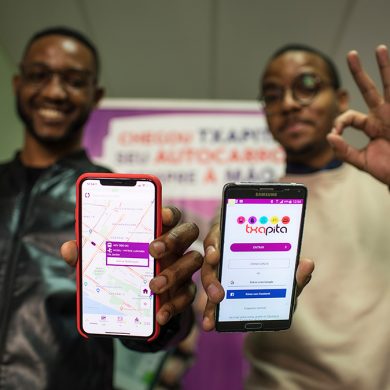
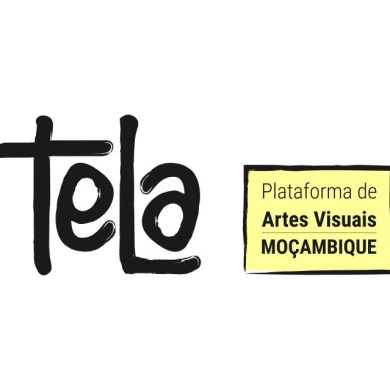

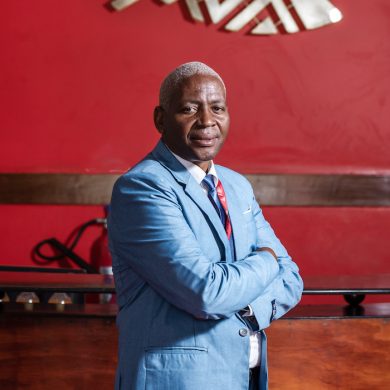
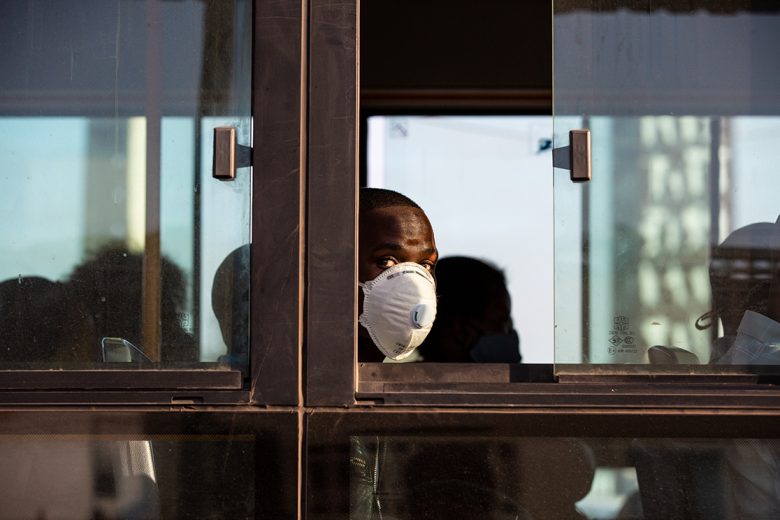
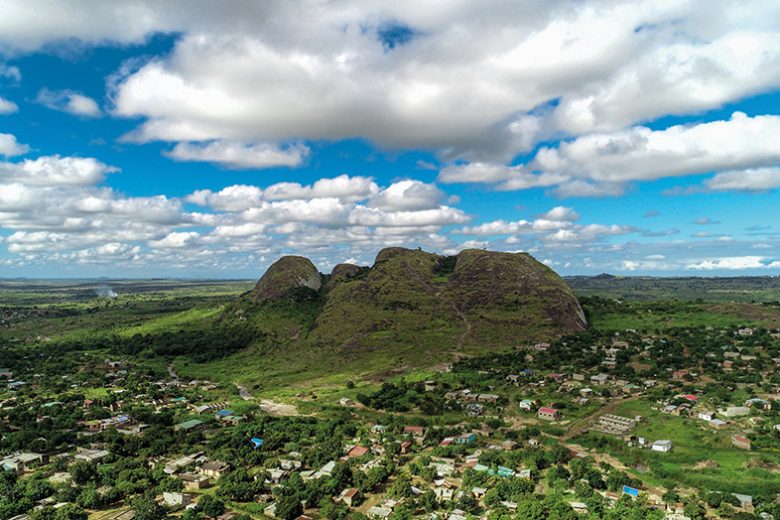












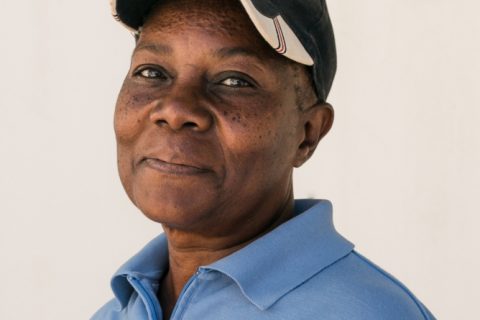


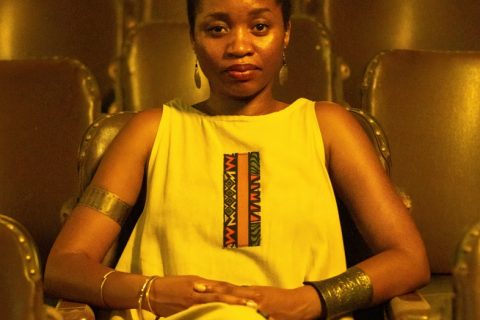

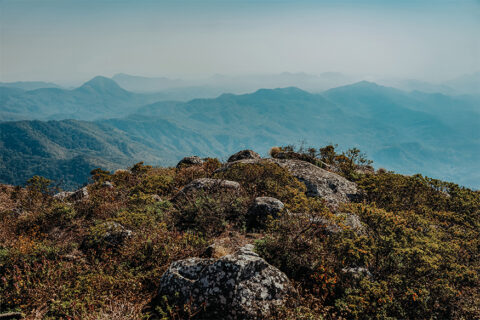


0 Comments